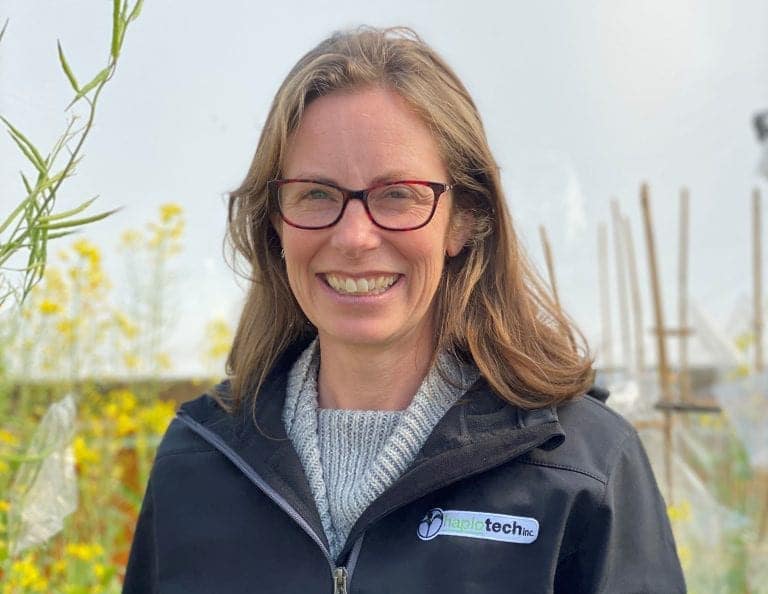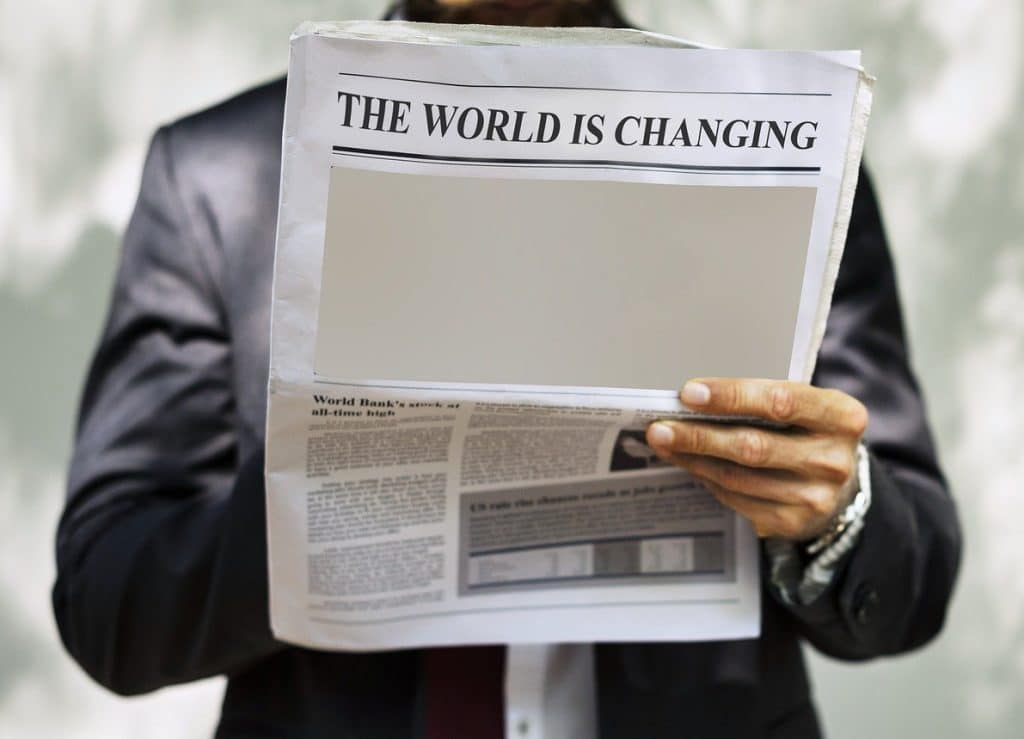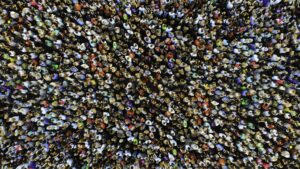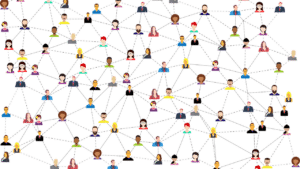With COVID-19 sweeping across the globe, the seed industry has been making changes to the way they do business to increase social distancing and keep employees healthy.
If there’s one word you’ll hear multiple times a day right now, it’s coronavirus (COVID-19). It’s everywhere — sweeping through the globe and changing our everyday life. Another new phrase we are not used to hearing following on the heels of COVID-19, is the term social distancing.
According to Merriam-Webster’s dictionary, social distancing is defined as the practice of maintaining a greater than usual physical distance from other people or of avoiding direct contact with people or objects in public places during the outbreak of a contagious disease to minimize exposure and reduce the transmission of infection. There’s been plenty of ways people have responded to COVID-19 and social distancing, and the seed industry is no exception to the two biggest responses: working remotely and banning non-essential travel.
“Right now, our experience has just been a moving target,” says Scott Downey, coordinator of undergraduate studies in the Department of Agricultural Economics at Purdue and director of Purdue’s Center for Food and Agricultural Business. “Classes are still in session, but we’ve moved completely online. Buildings are locked to keep people out, and employees have been asked to work remotely. Every student that can move home has been asked to move home, however, there are some exceptions for international students and students without a home to go to.”
Downey says that while there are many challenges affecting the Center for Food and Agricultural Business, working remotely has been the biggest challenge.
“Moving our team to online has been difficult,” he says. “Everyone is used to working from home occasionally, but no one has a permanent home office set up. Not only that, but productivity has gone down because everyone’s distracted — kids are home, pets are barking or meowing, and it’s difficult.”

Universities aren’t the only ones struggling to move to remote working, though. Other companies, like the Manitoba-based Haplotech, have experienced some hiccups as well.
“Haplotech is a research organization that provides technical services,” says Operations Manager Jill Lockery. “We currently grow plants in two facilities all year long. For that reason, we cannot afford to be shut down.”
Lockery says that with plants growing all year, unfortunately, the team must continue to function to keep plant growth up.
“Plants are living things,” she says. “Without constant care, they’ll die or the experiment will be compromised. Because of that, we need to be able to access the facility, or else we’d lose our progress.”
In response, to attempt to maintain social distancing while still working in their office, Lockery says they’ve split their staff into different teams.
“The teams work extended hours on different days,” she says. “That way, if one person if infected and exposes his or her coworkers, it will affect only one portion of the staff.”
However, Lockery does reiterate that they follow other social distancing measures as well.
“Everyone wears masks and gloves, which is common in our usual day-to-day work, and we’ve extended our sanitation processes as well to ensure that our staff stays happy and healthy while working in the facility,” she says.
As far as travel bans go, Bryan Gerard of JoMar Seeds says that as an independent seed company, JoMar sets their travel policy as it relates to the current environment.
“I have taken a commonsense approach influenced by CDC behavior suggestions, government mandates and suggestions and respect for others,” Gerard says. “I have still traveled; however, the differences are based on how I pack and interface with others. I had both anti-bacterial wipes and hand spray available to me. I also kept my distance from people and didn’t engage in casual conversation. I did my business and moved on.”
However, going forward, he says he has made some adjustments.
“I’ve canceled my flights for April and May, and I’ll be driving to different destinations for trials,” Gerard says. “We will only make day trips, eliminating hotel stays. I will be packing my meals and drinks in a cooler, which limits my touchpoints to gas stations. That is where the wipes will come into play.
“We’ve had meetings canceled that impact seeing customers, as well as events like the American Seed Trade Association’s Storm the Hill,” he says. “I anticipate university field days will also be impacted, which could impact our field days. These field days are our main product presentation with our customers, and I’m not sure how that will transpire at this time. Attendance could be impacted and how we engage with the customer definitely will be.”
However, Gerard says as for seed shipments, they seem to be going smoothly.
“We’ve sent seed to Canada within the last two weeks, and so far, we haven’t had any issues that we’re aware of,” he says.
Downey echoes concerns about meetings being canceled as well.
“I teach sales, and we have a big project for students where we invite peers in the industry to come and participate as a judge to act like a customer for a student to have a meeting with,” he says. “However, we can’t do that now. Instead, we have to teach students how to have meetings via Webex or Skype and give a presentation in an online meeting. Is it the same thing? No, but at least in this challenging time we’re able to think of new things to teach our students.”
However, if there’s one thing Downey is taking away from this experience, it’s that leaders need to be in tune with their employees.
“I think it’s important for leaders to realize and acknowledge that it isn’t business as usual right now,” he says. “There will be some difficulties while working remotely, but creativity comes out of constraint. We’re going to figure out new ways to do things.
“There are some good things about working remotely,” Downey says. “Some people work really well at home! But we can also think through things a little more. It makes us question: Do we really need to have a meeting on this subject? Does it need to be an hour long? In the end, we just have to adapt and move forward and hope our loved ones are safe.”
If there’s one thing that Downey is hopeful for, it’s that humans will pull together during this stressful time.
“In the face of real crisis, sociologists found that humans come together to work and support each other, instead of gouging and harming one another,” he says. “We’re going to continue to grow and support each other, and we’re going to be okay.”












